

Nigeria: The Many 'Incurable Diseases'
By edentu OROSO
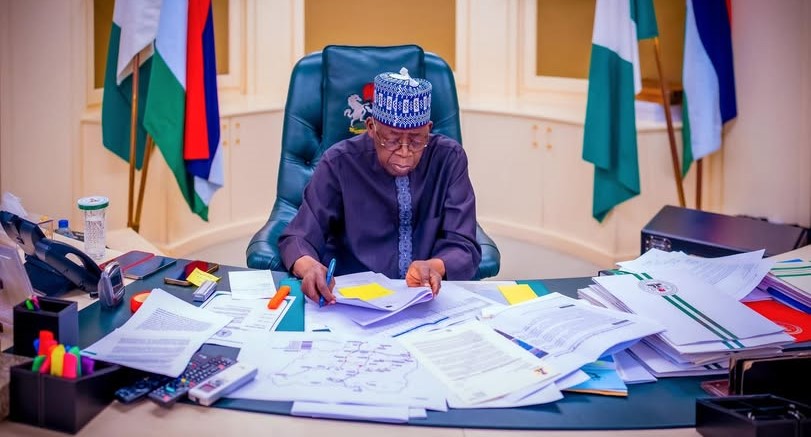 President Bola Tinubu
President Bola Tinubu
We see a blur of things. We hear the deafening noise. We feel the pulse too. And we can't help but smell the tang of all that’s gone sour. So we wail for our dear country.
The things our eyes behold are the kind that make our hearts throb with ache. The sounds our ears absorb daily drone through the realm with pitched beats that numb the senses.
The rhythms in our skies echo dreary tales. And the confetti on the canvases of our time carry the aftertaste of unpalatable offerings.
Stale airs impel the colours of our breaths. In the bursts of reprobate winds, we anchor our comfort. We’re fast embracing the colours of fangled dreams. And everything that could have been a hint at progress in our notion of nationhood seems stalled by the nature of our inherent docility and large scale unproductivity.
The rarest of gifts is a questioning spirit--the capacity to examine the wavelengths of thought, to act with intention in every circumstance, and to wield the rational power needed to create conditions ideal for life and living. This, indeed, remains the most exalted of values.
Yet this vital quotient seems sorely lacking in our collective pursuit of a better society. By all indices, there are concerted efforts to press forward despite the shenanigans at play, but our notions of progress often resemble motion in reverse. We take two steps forward, only to retreat three steps backward, endlessly.
We swim with vigour almost on a daily basis, hoping to arrive at gilded shores, yet those dawns have remained mirages in our horizon, an inertia induced by our inability to think critically and creatively as a people.
History is strewn with stories of men and women who changed the trajectories of their societies through moments of inspired insight driven by creative and critical thinking.
A nation that fails to interrogate its existence and systems of governance is a nation in grave decline.
A people content to thrive in abject squalor without so much as asking fundamental questions, about the state of their environment, the dysfunction of their educational systems, the prevailing economic malaise, their chronic lack of productivity, their inventiveness or lack thereof despite a richly talented populace, why their political elite continue to perpetuate poverty rather than pursue sustainable development, and why they persistently lag behind in the comity of nations, are those on the brink of extinction.
True progress is measured by the quality of questions we ask about where we are, where we’ve come from, and where we are going.
Why are we content with not interrogating the debt burden arising from the fiscal impropriety of the governing class?
Why is the President Bola Tinubu-led administration consistently borrowing from the IMF, World Bank, and Paris Club when it argued at inception that the removal of the petroleum subsidy regime was meant to shore up our foreign reserves and float the national economy? Where are the monies from the subsidy removal being ploughed into?
Why are we still a monoeconomy despite a plethora of viable alternatives capable of reliably buoying the financial burdens of our superstructure?
Why are our political elites devoid of principles and the ideological bent that define other democratic ethos?
Why can’t our country have world-class hospitals and clinics where both the privileged and the less privileged can access modern medical treatment?
Why do our leaders delight in bastardising our health system, yet run to foreign hospitals when the chips are down?
Why can’t we, as a country, generate and distribute uninterrupted electric power like other nations do routinely, despite the humongous amounts spent on revamping the power sector?
Why have our roads become death traps--graveyards of wanton carnage--despite the billions budgeted annually to fix them?
Why is it too difficult for our governors and presidents (past and present) to provide potable drinking water and functional public schools for the citizens of this country, when many of them are products of free education?
Why is it that a country of over 200 million people, rich in intellect and talent, struggles to produce a single product of global relevance, instead operating merely a service-based economy? Even the petroleum Nigeria boasts of, along with its associated revenue streams, is scarcely refined locally. It is a paradox that Nigeria, one of the world’s largest oil producers, still imports fuel for domestic consumption. Agree most countries follow this path, but not with the alarming degree of Nigeria’s oil-sector inefficiency.
Why are the youths content being cannon fodder in the arsenals of the political elites or being thugs during electioneering campaigns?
And why is their sole interests only in the ‘YahooYahoo’ or Internet scam fast lane lifestyle, cultism and social vices?
The questions are endless, and they gnaw at our collective conscience. We must begin to cultivate the habit of asking critical questions, both at the individual and national levels. Without the courage to interrogate our realities and demand accountability, progress will remain elusive, no matter how many policies are introduced or how frequently governments change.
True development begins when we dare to ask the right questions--questions that challenge the status quo, disrupt complacency, and compel us to think beyond the narrow confines of tradition or convenience. Asking the right questions is not just about curiosity; it is about awakening the intellect and igniting purposeful change.
Socrates once said, “The unexamined life is not worth living.” Few words ring truer. The youth have a pivotal role to play, not only in reappraising our distorted national narratives but also in reframing them for a more glorious future.
As the successor generation, they hold all the aces, if they come to the realisation that asking the right questions is essential. It is through this culture of enquiry that we all can identify what is not working in the country and cultivate values and systems that promote genuine progress.
Therefore, the onus is on all of us, but most especially young people to reject bad governance by holding the political class accountable. They must eschew violence, corruption, social vices, and every conceivable evil that has held our nation hostage for decades.
If the older generation has failed in its duty to provide direction, then the youth must pick up the gauntlet, peacefully, resolutely, and shape the nation’s collective destiny by embracing the power of questions.
We cannot inherit a future we do not help to build. We cannot sit idle and watch our nation drift into oblivion without asking pertinent questions.
The imperative is not to carry physical arms, but to arm ourselves with the mind and the will for positive change. That is where the strength lies--in the mental resolve of progressive nations and people determined to make a difference.

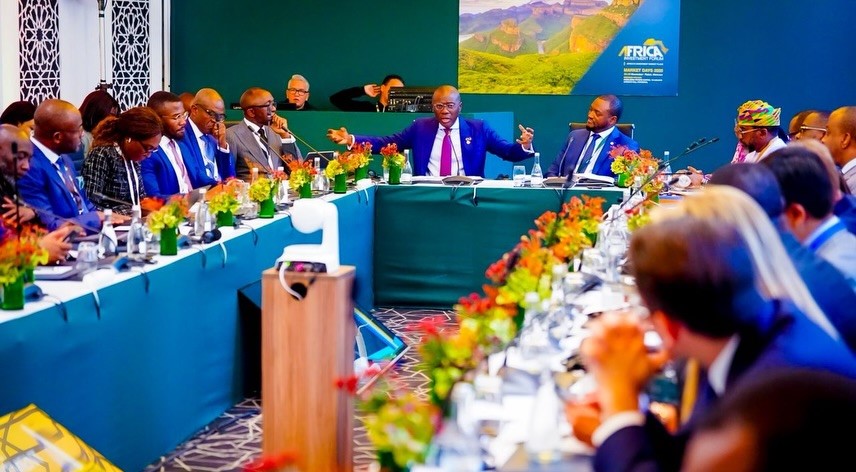
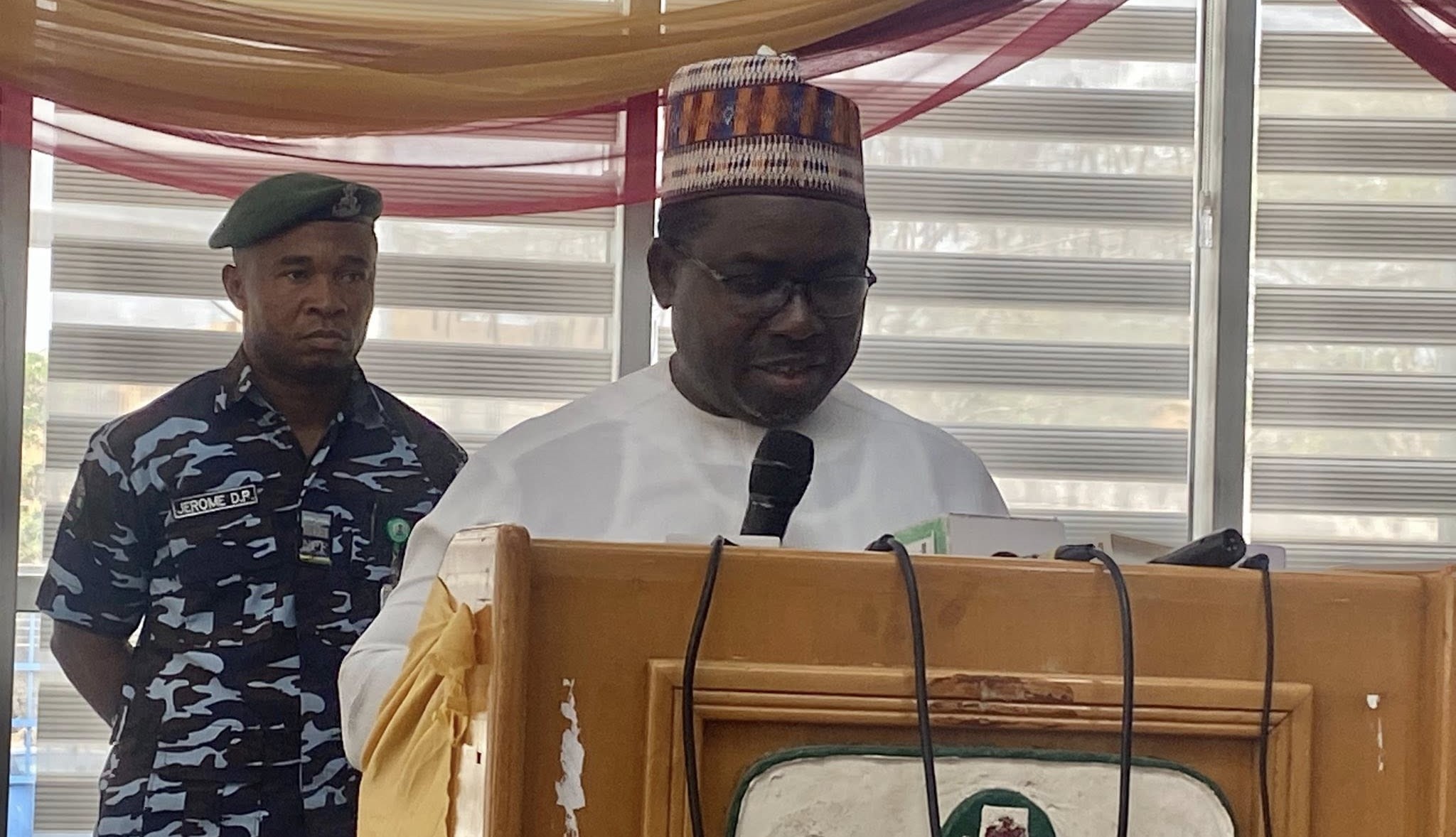
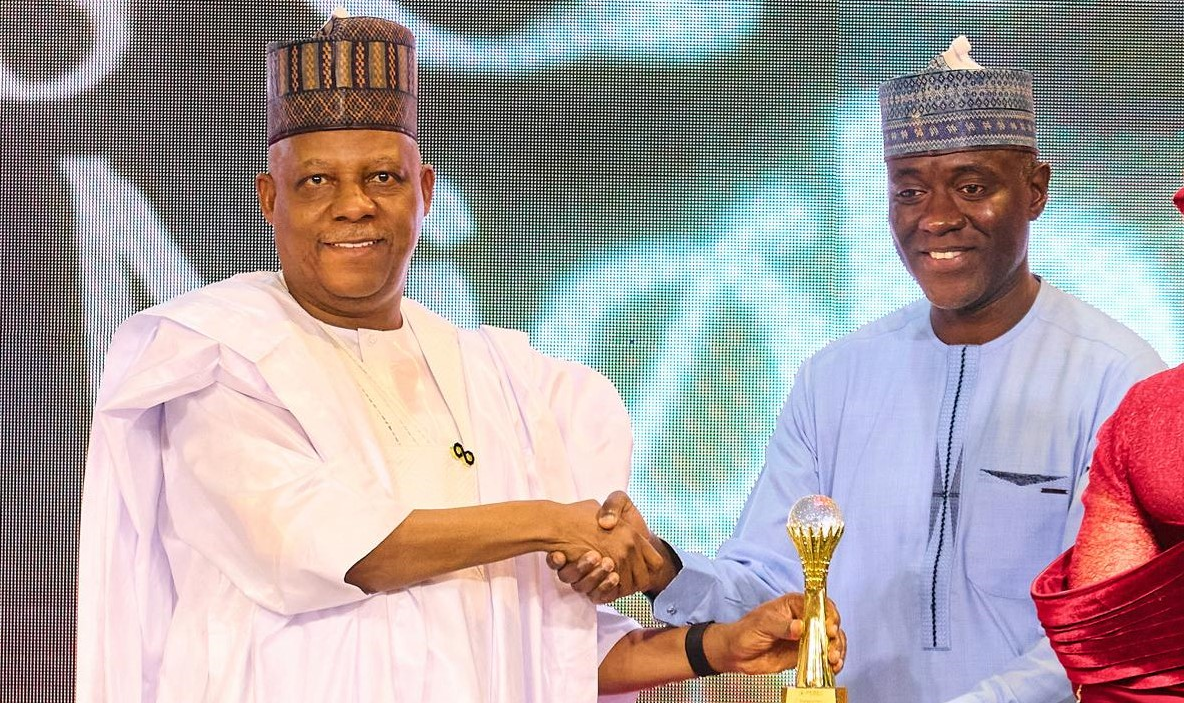
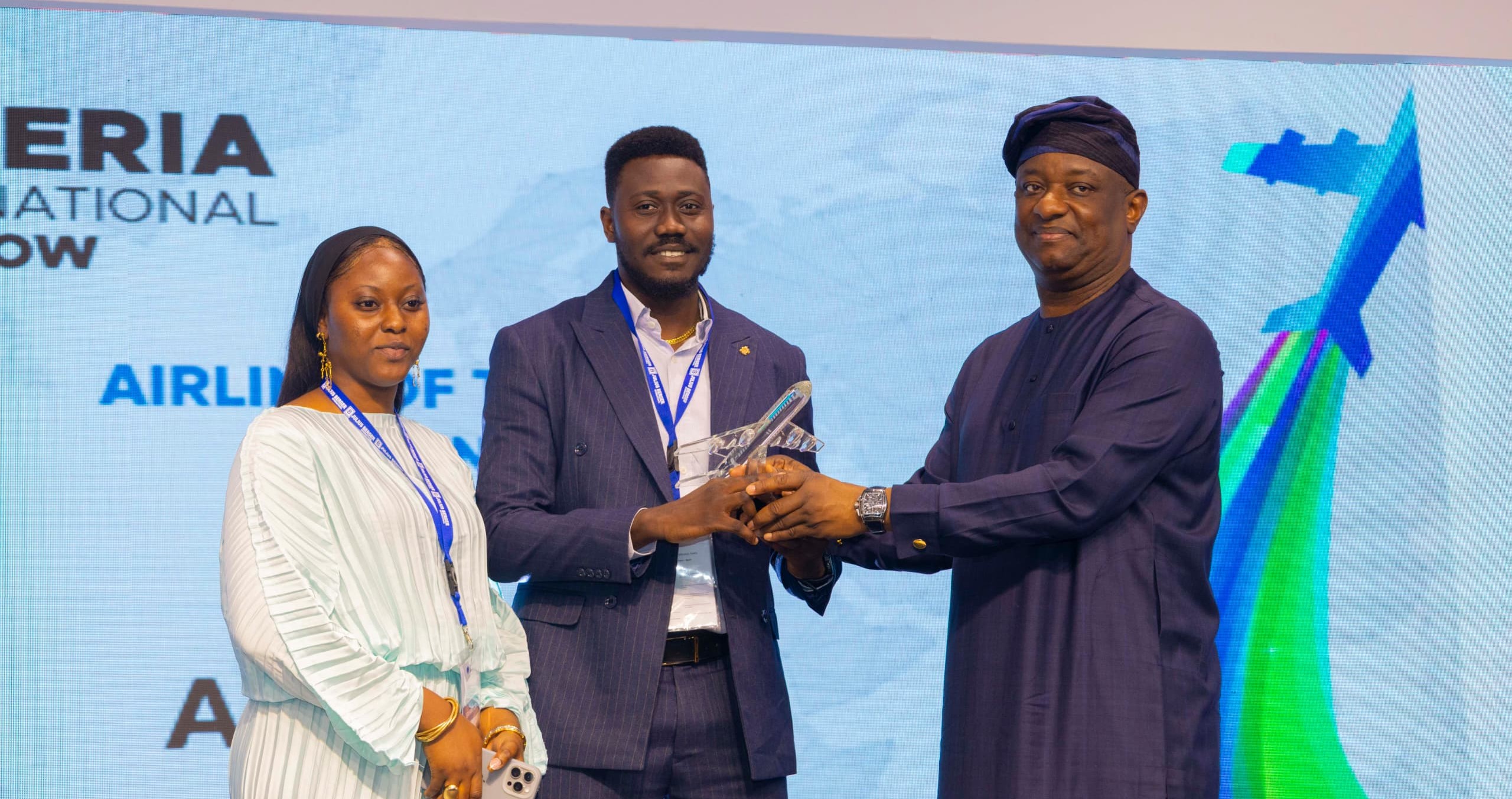
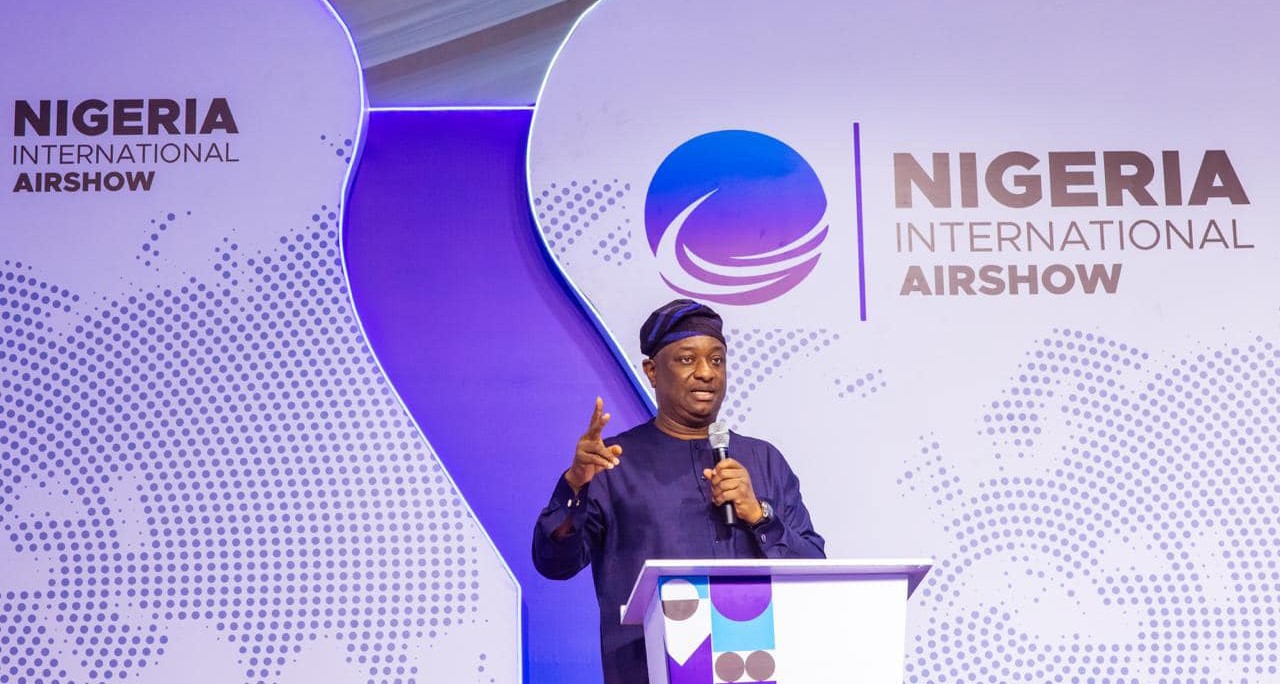

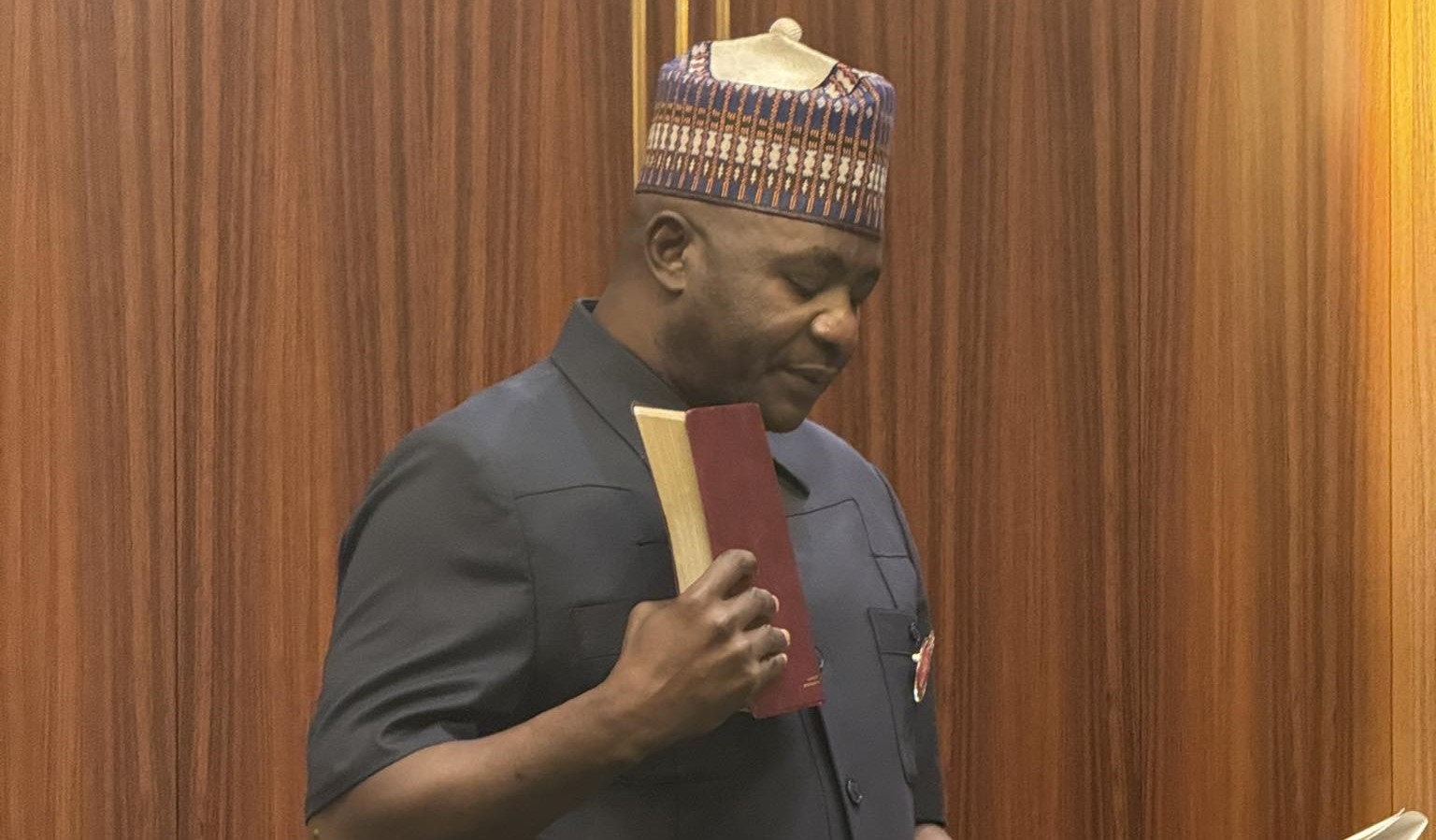
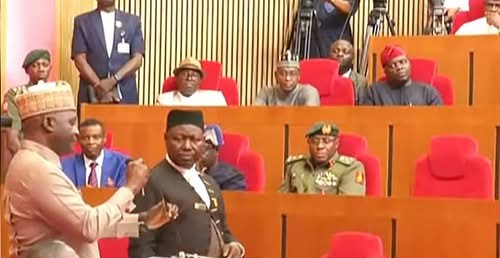
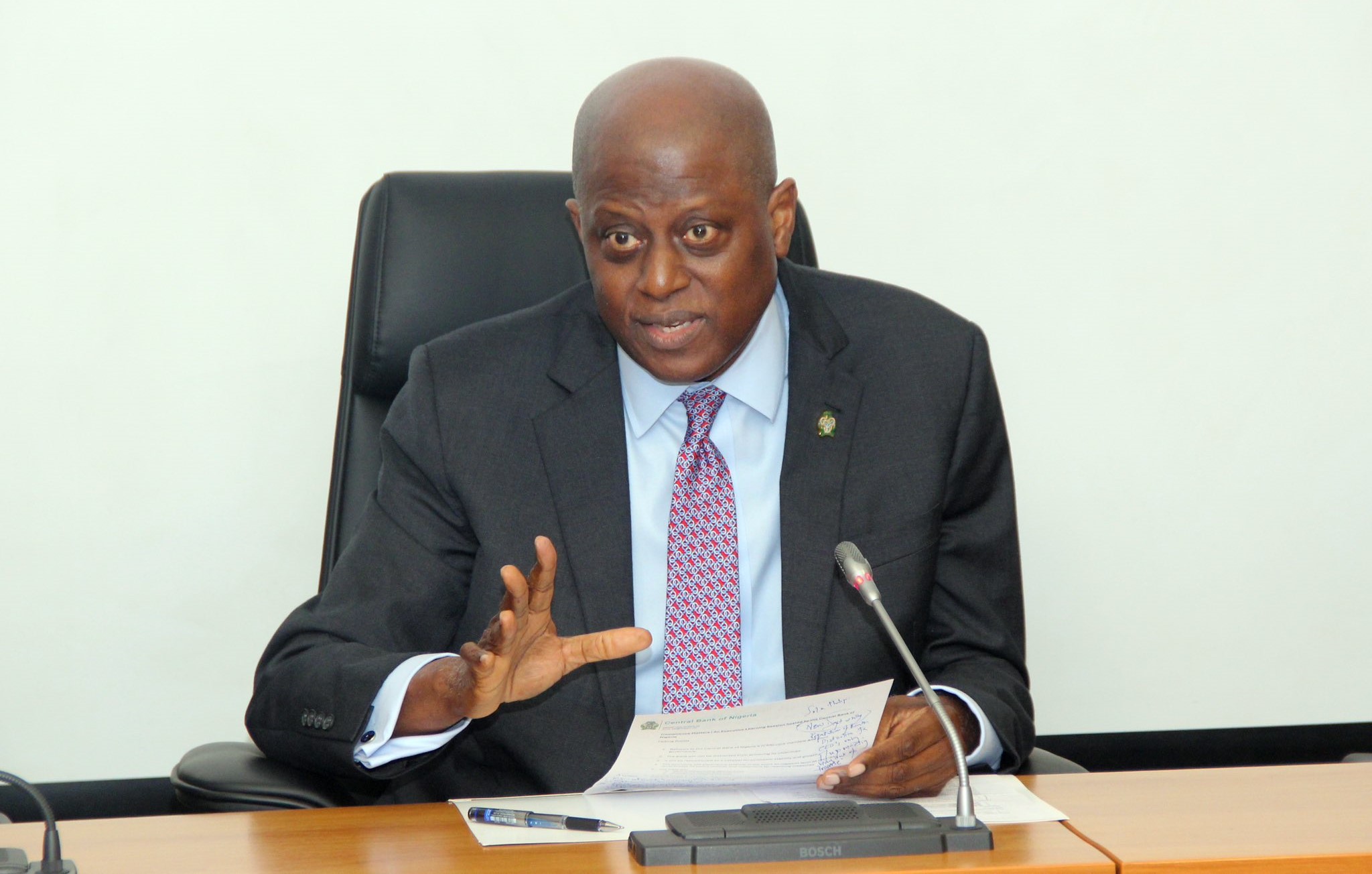
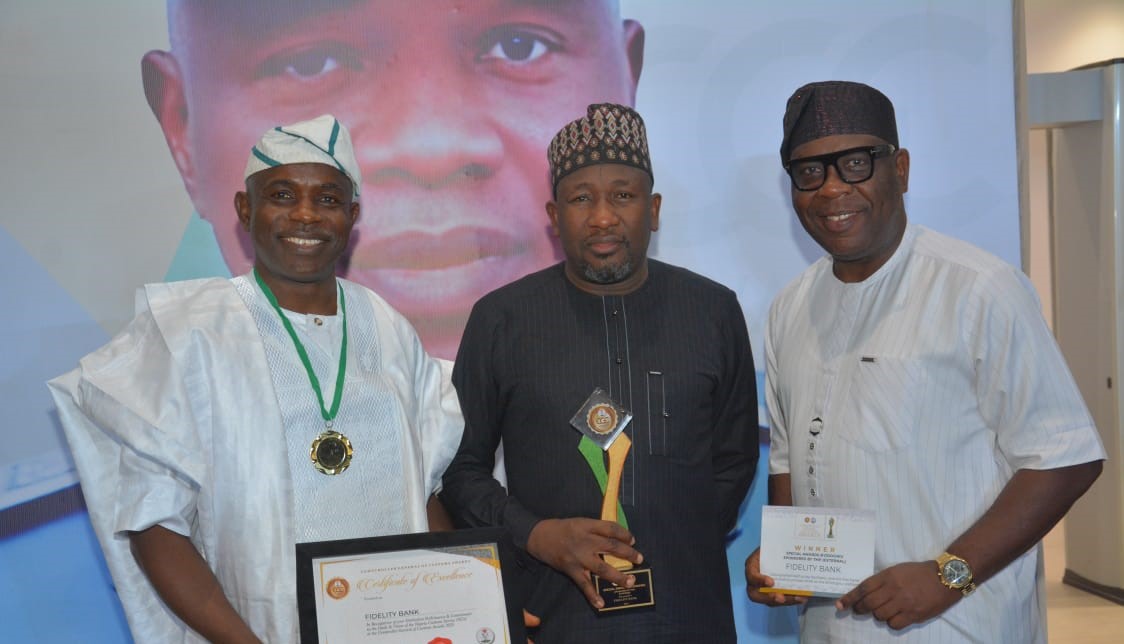
Comments
Be the first to comment on this post
Leave a Reply